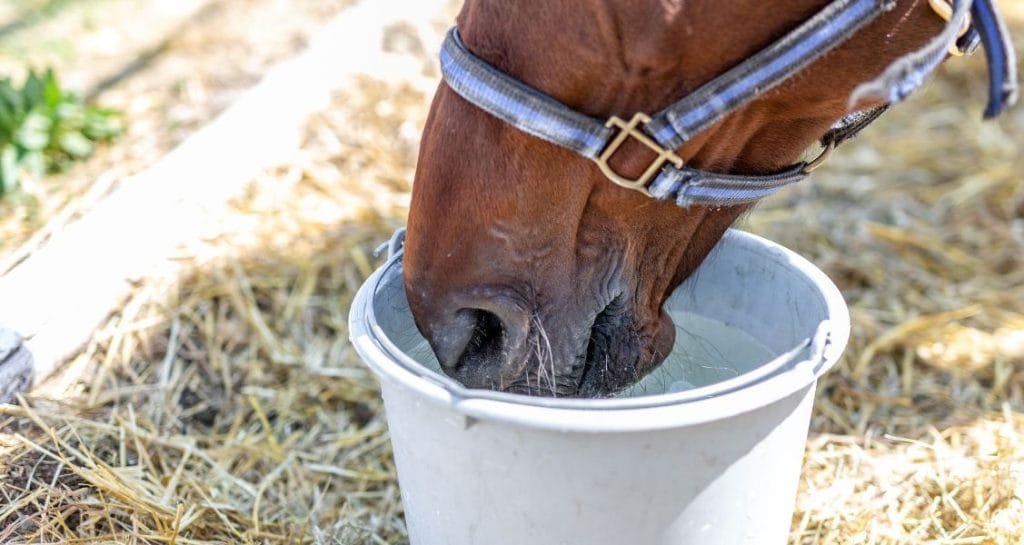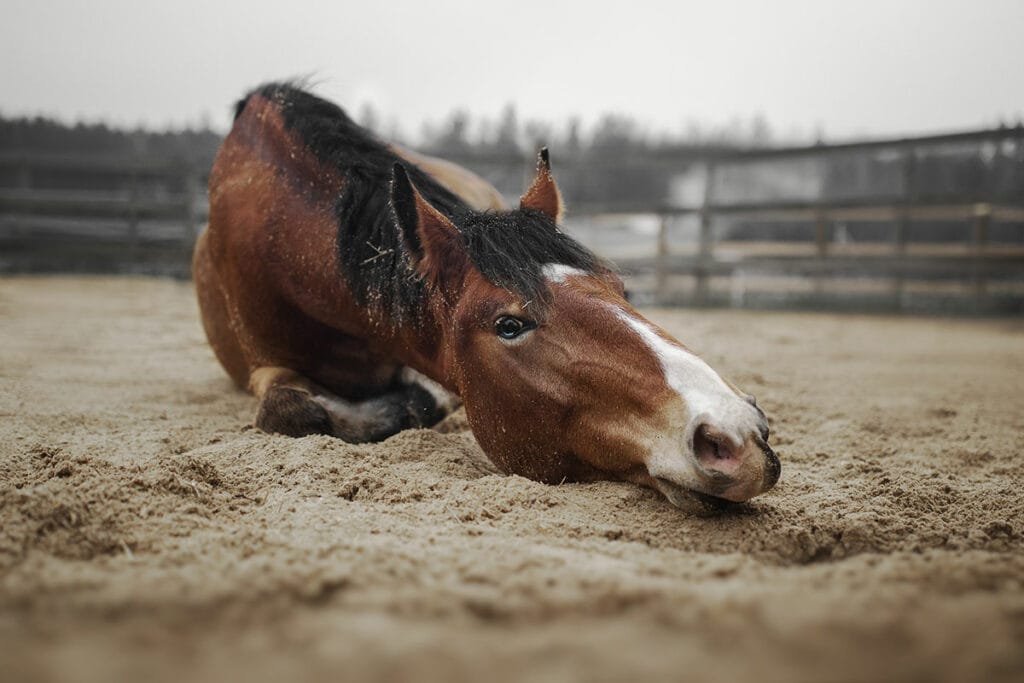Nutrition for Sluggish Horses
If horse seems low on energy or sluggish, adjusting their diet can make a big difference. Just like people, horses need the right balance of nutrients to stay energetic and healthy.
1. Check Their Feed:
First, look at what you’re currently feeding your horse. Horses need a mix of carbohydrates, proteins, fats, vitamins, and minerals. A well-balanced commercial feed usually provides most of these nutrients, but the quality and quantity can vary.
2. Quality Hay is Key:
Good hay is a crucial part of your horse’s diet. Make sure you’re providing high-quality hay that’s free from mold and dust. Hay should be the main source of fiber, which helps with digestion and overall health. Common types of hay include timothy, alfalfa, and meadow hay. The type you choose can depend on your horse’s age, weight, and activity level.
3. Add Grain or Pellets:
If your horse needs extra energy, you can add grain or specially formulated pellets to their diet. Look for feeds that are high in digestible energy. Some horses might benefit from grains like oats or barley, while others might need a specially formulated horse feed.
4. Don’t Forget the Fats:
Fats can be an excellent source of energy for sluggish horses. Adding a bit of vegetable oil or a fat supplement to their feed can help increase their energy levels. However, be cautious and add fats slowly to avoid upsetting their digestive system.
5. Essential Vitamins and Minerals:
Horses need a range of vitamins and minerals to stay healthy. Make sure their diet includes adequate amounts of calcium, phosphorus, magnesium, and salt. Many commercial feeds are already fortified with these nutrients, but if you’re unsure, a mineral supplement can help fill in any gaps.
6. Keep Hydrated:

Always ensure your horse has access to fresh, clean water. Dehydration can cause fatigue and lethargy. Make sure water buckets are clean and filled regularly.
7. Regular Feeding Schedule:
Stick to a consistent feeding schedule. Horses thrive on routine, and regular meals can help keep their energy levels steady throughout the day.
8. Monitor Their Weight:
Keep an eye on your horse’s weight. If they’re losing weight or not gaining as expected, it might be a sign that they’re not getting enough calories or nutrients. Adjust their feed accordingly and consult with a veterinarian if needed.
9. Consult a Veterinarian:
If your horse remains sluggish despite changes in their diet, consult your veterinarian. They can check for underlying health issues that might be affecting your horse’s energy levels.
By paying attention to these nutritional aspects, you can help your horse regain their energy and vitality. A balanced diet is key to keeping your horse active and happy.




